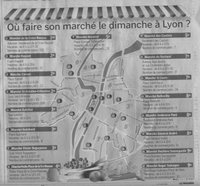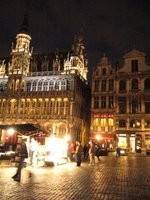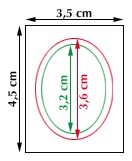Medical Visit with "Dr. de Lyon"
You can avoid the medical visit by going for a checkup with one of the doctors approved by the consulate in your own country before your arrival.
Today, I went for my scheduled medical checkup at the A.N.A.E.M (Agence Nationale de l'Accueil des Etrangers et des Migrations). The prefecture made the appointment for me and I received a letter in the mail with all the particulars.
The ANAEM is located at 2, rue quivogne in the 2e arrondissement. I got off at Perrache station and walked south, past the Prison. This medical checkup is mandatory for any foreigner legally staying in France for more than three months.
I learned:
-Bring it, if you have an updated booklet of your vaccinations.
-If you wear glasses, make sure you bring with you either an extra pair of glasses or your prescription. There is a three month waiting list to see an ophthalmalogue.
-There are also waiting lists for dentists. The doctor suggested that for non-serious matter, such as check-ups or cleanings, to see the dental students located near the Institut d'Etudes Politiques on ave Berthelot.
-AIDS tests are free and confidential for everyone.
-There is a vaccination centre on Rue de Marseille in the 7e.
Click on the link to create a search in greater Lyon for medical treatments by theme (site in French).
Read more...






